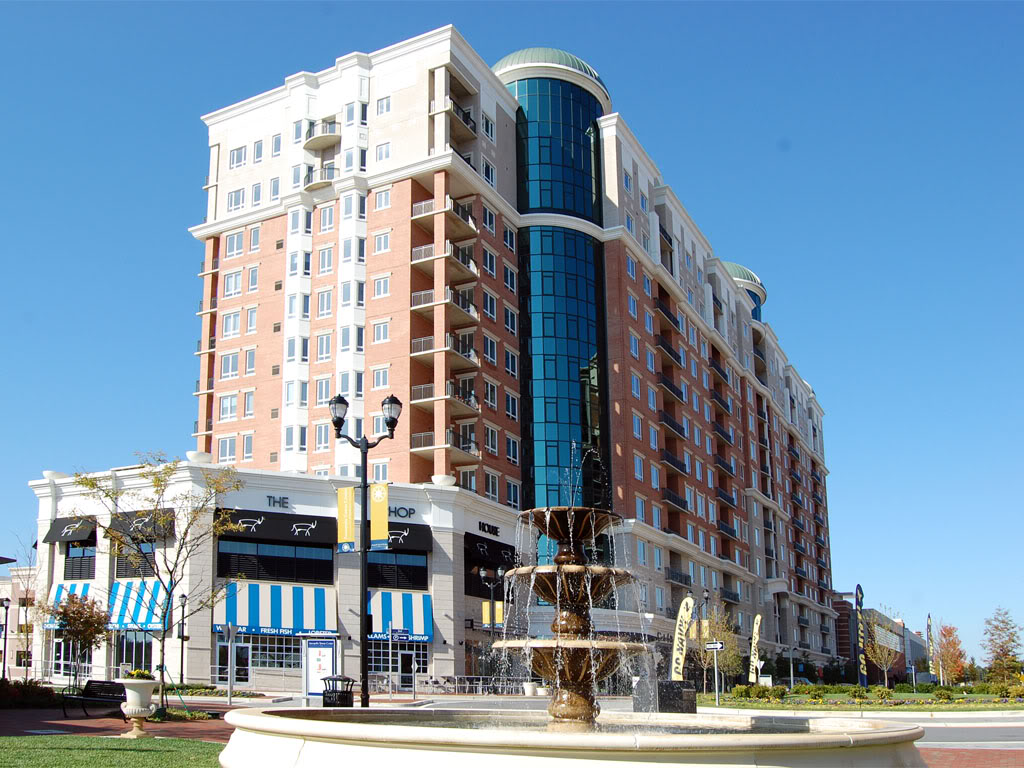Under Thai law as explained before if the lease agreement is over 3 years then it has to be registered at the Land Office as it needs to be registered against the title of the property. The maximum lease agreement term in Thailand is not 99 years but only 30 years. You can draft any agreement you want however if it needs to be enforced then it will be enforced according to the law – being 30 years maximum. The lease agreement of property falls under the heading of Hire Purchase Agreements within the Civil and Commercial Code of Thailand. Note also that you can only lease property who have a title classification of Chanote or Nor Sor Sam. The other title deeds you cannot register a lease against.
Section 537 to Section 571 is where the laws for rental agreements are located in the statute being the Civil and Commercial Code of Thailand. Lets see what is most applicable to you which you would need to know. Note that most agreements in Thailand tend to be verbal agreements however higher end property usually have a lease agreement in general as can be seen below.
That is the primary reason why your mid range and higher end properties tend to have lease agreements. The agreement is not enforceable unless it is in writing and this is required by the courts in the event of a dispute. There is very few property disputes in Thailand when it comes to long term or very short term rentals. Most litigation tend to be people who lease property for a holiday and damage the property.
Section 540. The duration of a hire of immovable property cannot exceed thirty years.
.
As stated above the maximum term of a lease agreement is 30 years and any agreement over 3 years needs to be registered with the Land Office in Thailand.
.
Section 544. Unless otherwise provided by the contract of hire, a hirer cannot sublet or transfer his rights in the whole or part of the property hired to a third person.
.
One of the biggest problems in the holiday rental market has always been the sub-letting illegally of a property. This becomes very problematic when damage occurs to the house, villa or condo unit. If you are going to sub-let then ensure that the owner of the property agrees to this in writing.
.
Section 547. The letter is bound to reimburse to the hirer any necessary and reasonable expenses incurred by him for the preservation of the property hired, except expenses for ordinary maintenance and petty repairs
.
Note the word there is petty repairs and not putting a jacuzzi into the property. Even in verbal agreements the owners of condo units tend to allow you to deduct small repairs to the property from your monthly rent. From time to time something will break be it a toilet door due to rot or a mosquito netting which needs to be replaced.
.
Section 552. The hirer cannot use the property hired for the purpose other than those which are ordinary and usual, or which have been provided in the contract.
.
Not very common however it does occur. Sometimes a foreigner will lease a shop house and decide down the line to change the bottom into a restaurant or into an English language school. You have to be very careful with this as a business tax becomes payable on the property when there is a business and it is not residential. Speak to the owner beforehand about this.
.
Normally in verbal agreements unlike written agreements you need to inform the owner that you are leaving. Standard process in Thailand is that if you gave 3 month rent as a deposit that you live out the last 3 months rent free before you move. It is very uncommon to get a deposit back as everyone tends to live out the deposit in the property. This is standard with verbal agreements.
.
If you have any questions about a lease agreement in Thailand then speak to us online or see our main website for more details.
.
.
 There are a number of options in Thailand when it comes to property and this has been covered before on this website. We have covered the issue of buying property normally in the name of your Thai wife and this can become a problem in its own right and has been covered. The issue of rental agreements or lease agreements we will explain here and how best to manage a lease agreement in Thailand.
There are a number of options in Thailand when it comes to property and this has been covered before on this website. We have covered the issue of buying property normally in the name of your Thai wife and this can become a problem in its own right and has been covered. The issue of rental agreements or lease agreements we will explain here and how best to manage a lease agreement in Thailand.